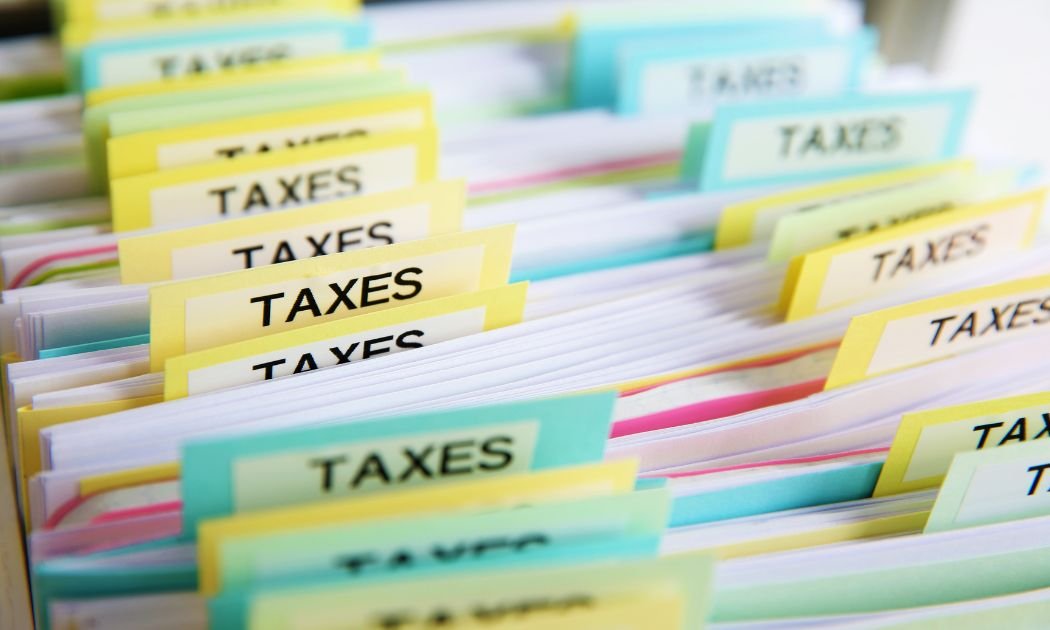
How Indirect Taxes Impact Economic Equity in India
India’s tax system has undergone significant changes over the decades, shifting from a complex and fragmented structure to a more streamlined approach. While direct taxes now contribute a greater share of government revenue, indirect taxes remain an essential part of India’s fiscal strategy. However, their regressive nature disproportionately affects lower-income households, raising concerns about economic equity.
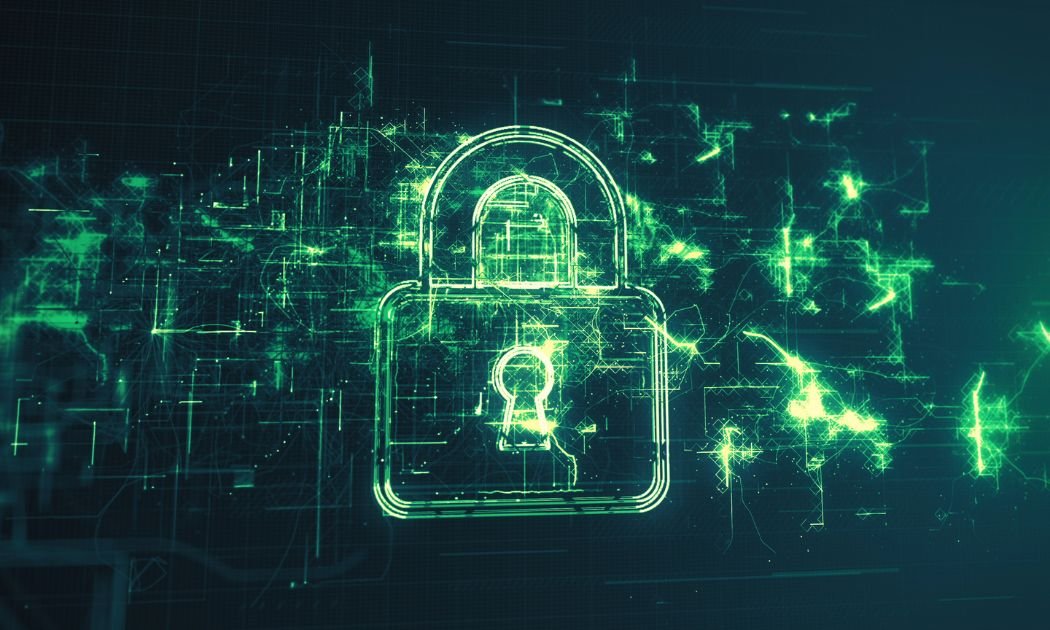
Tax Bill Allows Govt to Access Emails, Social Media, Bank Accounts
Starting April 1, 2026, the Income Tax Department will have the authority to access individuals’ digital spaces—including social media accounts, personal emails, bank accounts and online investment platforms—if they suspect tax evasion or possession of undisclosed assets.
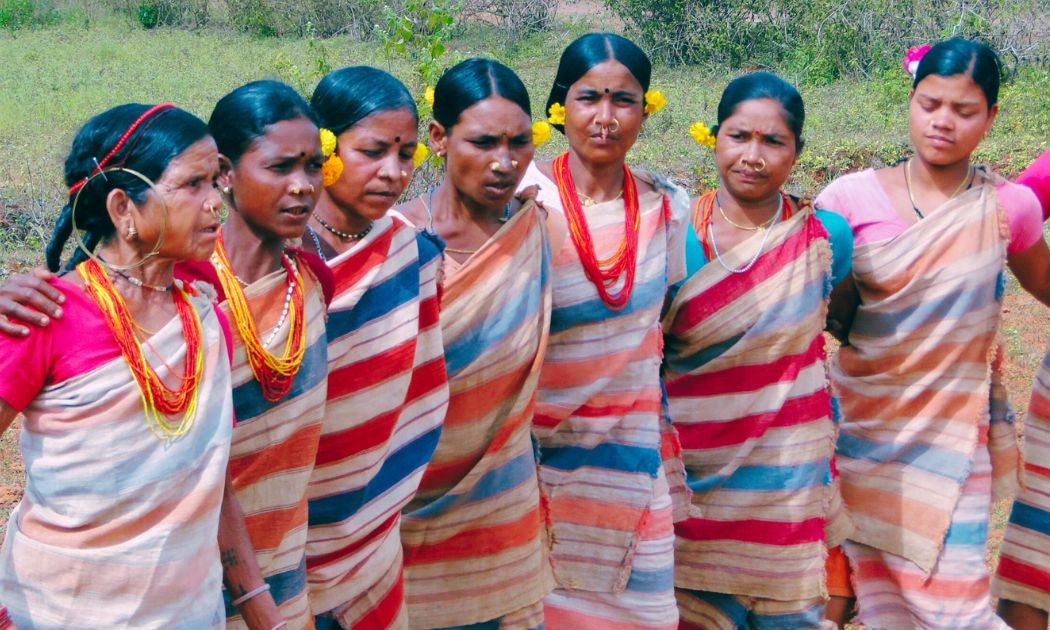
Tribals in India Still Struggle for Basic Healthcare
The health outcomes of India’s tribal populations lag behind the national average, according to an IndiaSpend analysis of government data. More tribal children die in early childhood, and many of those who survive suffer from malnutrition.

Court Tells Gujarat Police to Learn What Free Speech Is
The Supreme Court told the Gujarat Police to respect freedom of speech and expression, especially 75 years after the Constitution came into force. The police had registered a case against Congress MP Imran Pratapgarhi, accusing him of posting content that allegedly incited unrest. The Court made this remark while reserving its verdict on Pratapgarhi’s petition seeking to quash the case.
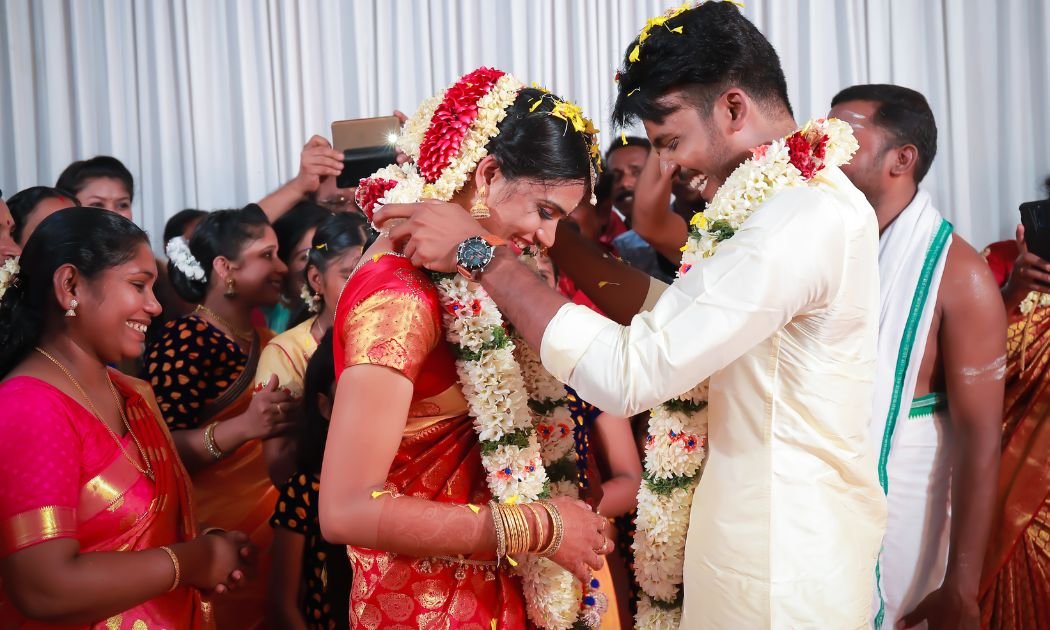
Tamil Nadu Chief Minister Urges Couples to Have Children Soon
Tamil Nadu Chief Minister M.K. Stalin has urged the people of the state to have children immediately after marriage, arguing that the state’s success in family planning has put it at a disadvantage in terms of political representation. The call comes amid concerns over the upcoming delimitation exercise, which will redraw parliamentary constituencies based on population.

Court Says Social Media Users Must Be Heard Before Blocking Posts
The Supreme Court has sought a response from the central government regarding a petition challenging the practice of taking down social media posts without prior notice or a fair hearing for the content creator. The petition, filed by the Software Freedom Law Centre (SFLC), argues that this practice violates principles of natural justice and the right to free speech under Article 19(1)(a) of the Constitution.
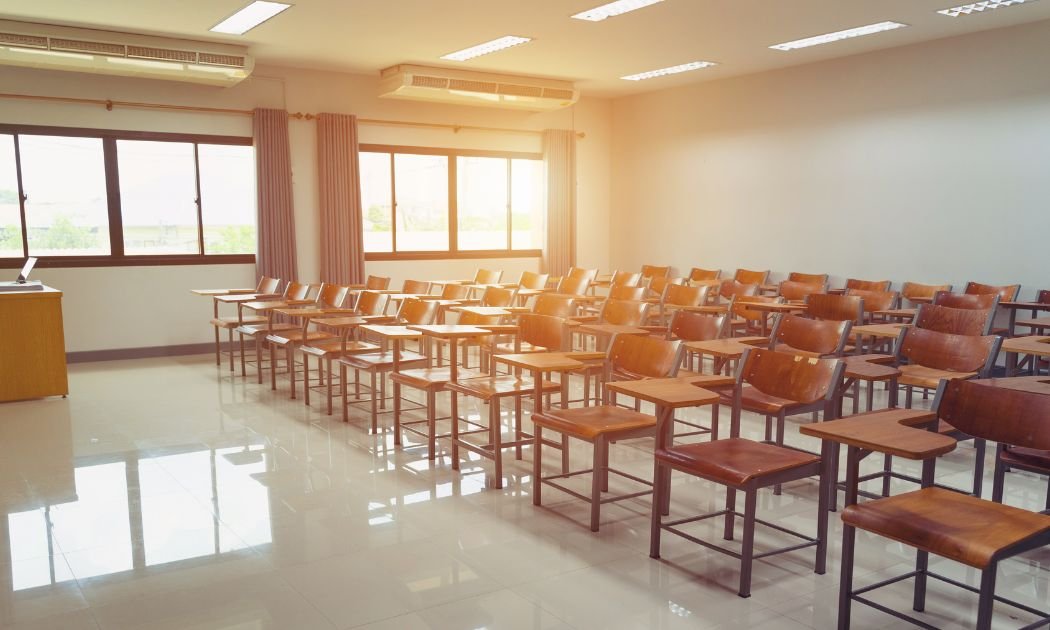
Two Key Issues with UGC’s Draft Rules on Caste Discrimination
The University Grants Commission’s (UGC) newly proposed regulations on caste discrimination in higher education have drawn criticism on two main fronts: first, for not providing clear, specific descriptions of discriminatory actions; and second, for introducing penalties for “false” claims.

What’s Behind the BJP’s Interest in Sufism?
The Bharatiya Janata Party (BJP) has recently intensified its outreach to Sufi Muslims, following engagements with the economically and socially marginalised Pasmanda Muslims. The effort seemingly aims to counter the influence of other Islamic sects and to solidify political support within some Muslim communities. But one might ask why it hasn’t embraced a very similar spiritual tradition known as Bhakti.

Punjab Chief Minister’s Plan to Eradicate Drugs in 3 Months
Punjab Chief Minister Bhagwant Mann has ordered a three-month deadline for law enforcement to eliminate drugs from the state. Given that Punjab has struggled with a deep-rooted drug problem for decades, the idea of “eradicating” it within such a short time is not only unrealistic but also risks leading to heavy-handed measures that could cause more harm than good.
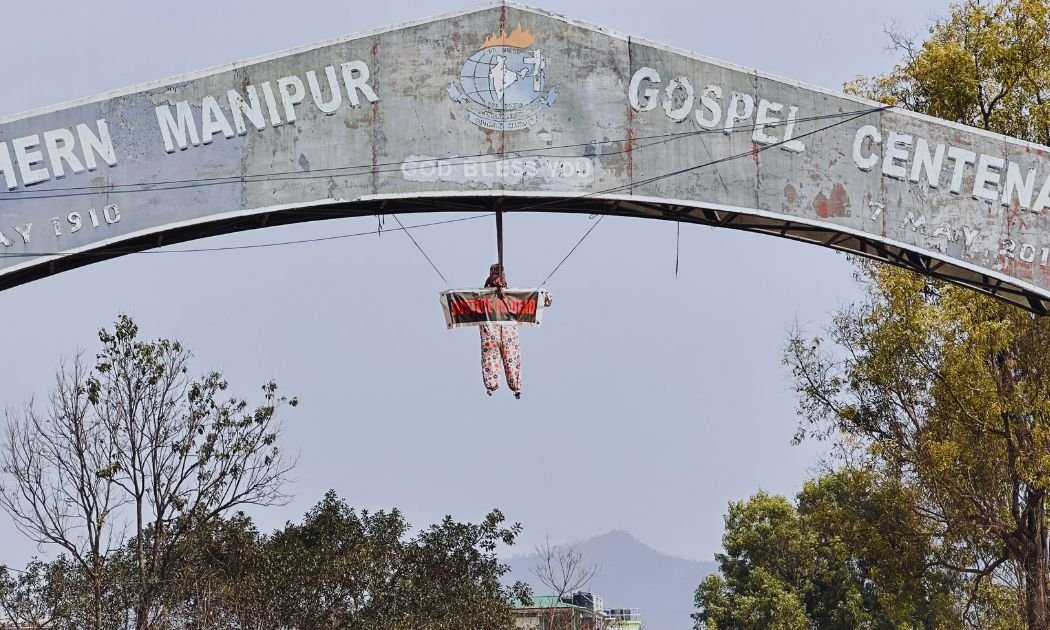
In Manipur, ‘Peace’ Must Not Be Sought at the Cost of Justice
Manipur’s Governor appears to be calling for peace without addressing justice, accountability or institutional reforms, despite the previous state government being accused of supporting one side and enabling the systemic targeting of one community. The Governor’s current stance suggests an expectation for the people of Manipur to simply “move on,” as if the past can be set aside without justice or accountability.
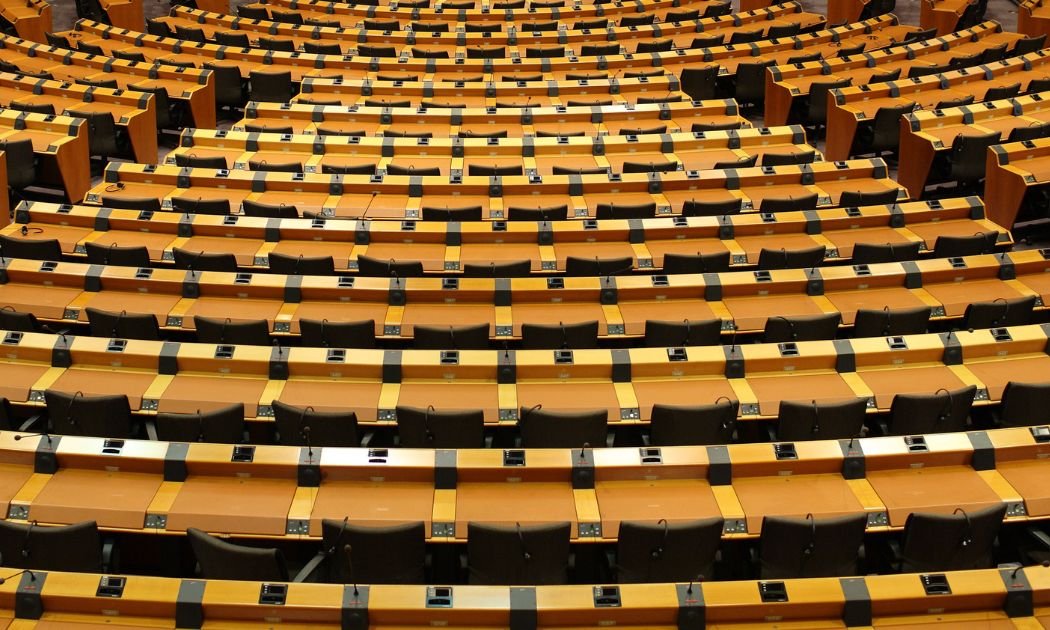
Supreme Court Allows Judicial Review of Legislative Punishments
The Supreme Court has ruled that laws and major decisions made by a legislature can be challenged and reviewed by the judiciary, explaining that judicial immunity applies only to how lawmakers conduct internal debates or voting procedures, even if there are claims of procedural mistakes.
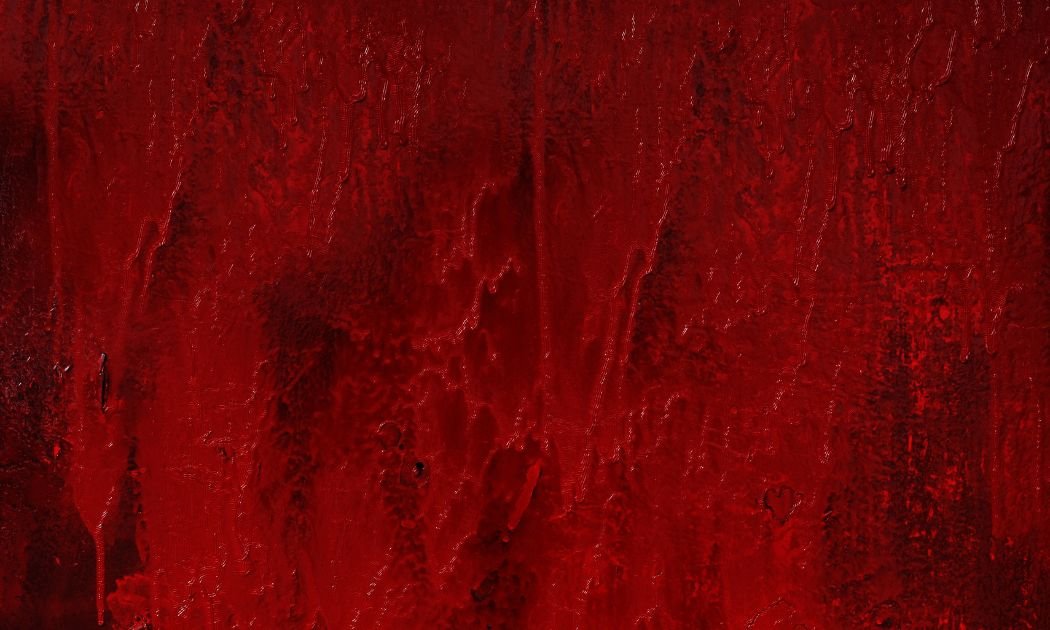
Sajjan Kumar Gets Life Sentence in 1984 Anti-Sikh Riots Case
A Delhi court on Feb 25 sentenced former Congress party MP Sajjan Kumar to life imprisonment for the killings of a father-son duo during the 1984 anti-Sikh riots in Delhi. Disappointed by the verdict after more than 40 years, many Sikhs insist that the death penalty was the only suitable outcome for a deliberate act of violence.
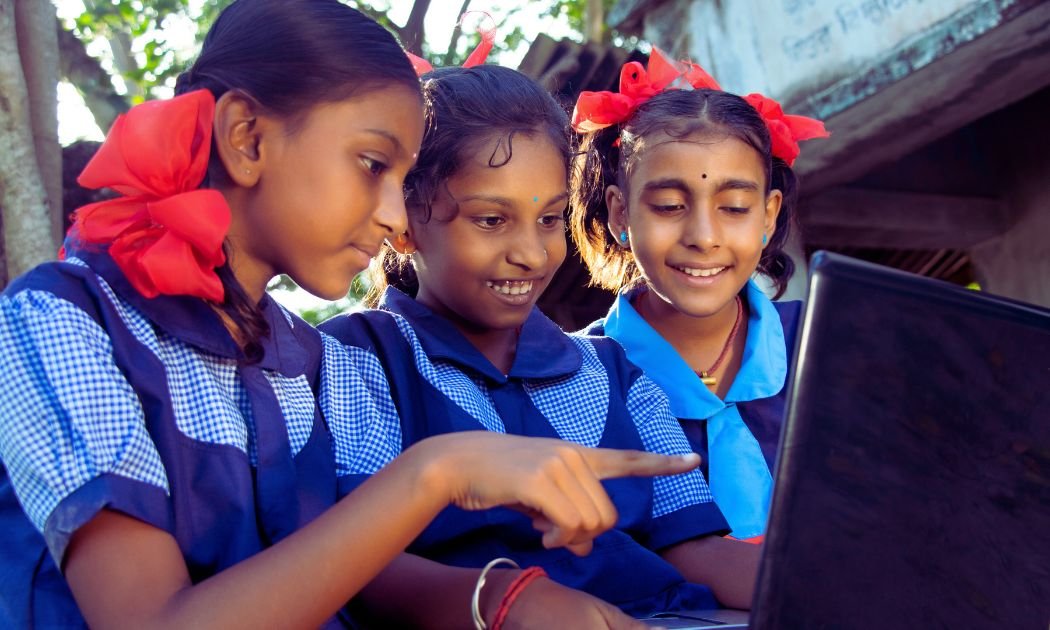
Why Tamil Nadu Rejects Centre’s Three-Language Policy in Schools
A renewed language conflict has erupted between the DMK-led Tamil Nadu state government and the BJP-led central government over the National Education Policy (NEP) 2020 and its three-language policy. The DMK believes that enforcing a third language in Tamil Nadu’s education system is unnecessary, would burden students and would indirectly push Hindi.

Rape in Kerala: Does Middle Class Overlook Dalit Women’s Safety?
India’s middle class appears to care about women’s safety only when the woman in question belongs to a privileged caste or social class, leaving countless vulnerable women neglected. This may explain the absence of public outrage and the minimal reaction to reports of a Dalit teenager who suffered rape and abuse for five years in Kerala.

Kerala High Court Suggests Mandatory Jail for Hate Speech
The Kerala High Court has denied anticipatory bail to Bharatiya Janata Party (BJP) leader P.C. George, citing repeated violations of bail conditions in prior hate speech cases and observing that in such cases jail sentences should be mandatory.

‘$21 Million USAID Fund to India’: What’s the Controversy About?
U.S. President Donald Trump has claimed that the Biden administration allocated $21 million through USAID for “voter turnout” in India, now calling it a “kickback scheme” without providing evidence or elaborating on who really benefitted. He suggests that the funds were meant to influence India’s 2024 Lok Sabha elections.

BBC – Indian Pharma Firm Illegally Supplying Opioids to Africa
An investigation by the BBC says that an Indian pharmaceutical company, based in Mumbai, is sending banned opioid-based pills to West African countries. The report shows these products fueling a public health crisis in nations such as Ghana, Nigeria and Cote D’Ivoire.
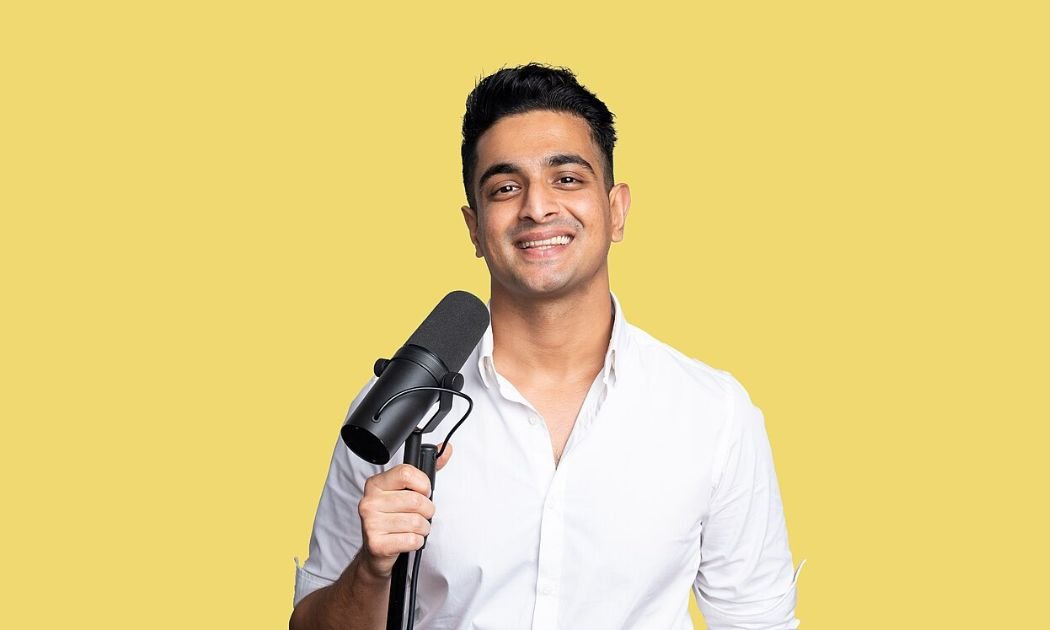
Is the Targeting of Ranveer Allahbadia, Samay Raina a Prelude to Censorship?
An op-ed in The Hindu by Apar Gupta, a lawyer and advocate for digital freedom, suggests that the central government might be leveraging controversies involving crude remarks made by YouTubers Ranveer Allahbadia and Samay Raina on their show, “India’s Got Latent,” to advocate for stricter regulation of digital media.
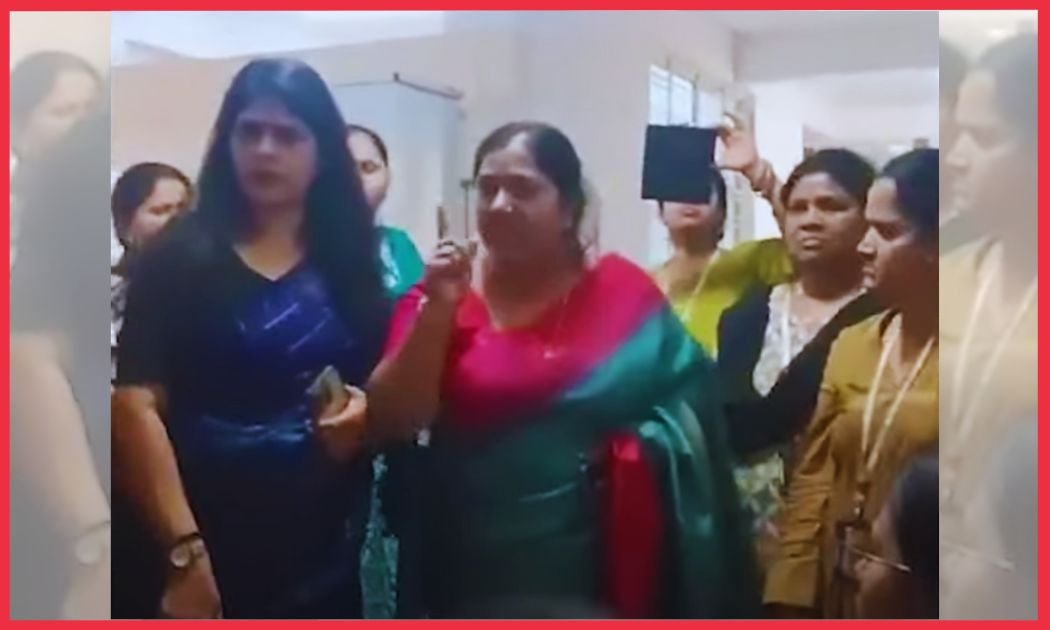
Nepalese Student’s Death in Odisha Spurs Demands for Justice, Anti-Racism Protections
A 20-year-old Nepalese engineering student, Prakriti Lamsal, at the private university Kalinga Institute of Industrial Technology (KIIT) in Bhubaneswar, Odisha, died in an alleged suicide on Feb. 16, sparking demands for justice for her family and enforce measures against racial mistreatment.
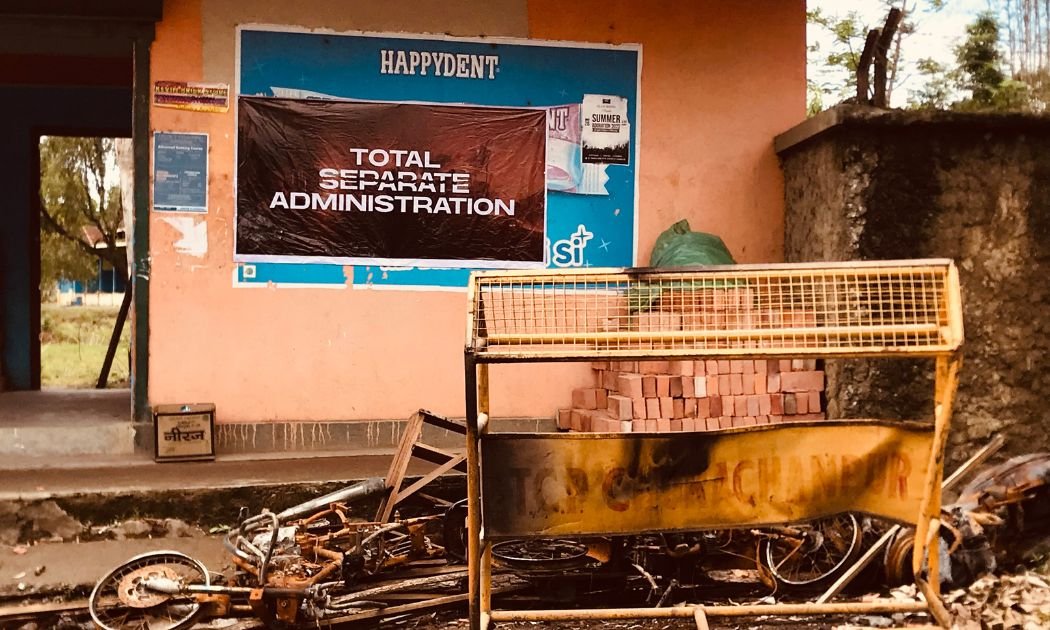
Manipur’s ‘Territorial Integrity’ Is a Risky Narrative
In his resignation letter, former Manipur Chief Minister N. Biren Singh urged the Central government to protect the state’s “territorial integrity.” And then days after President’s Rule was imposed, his BJP colleague Sambit Patra gave the same assurance. Both politicians seem to have ignored the risks of refusing to consider state reorganisation, which is not the same as separatism.
